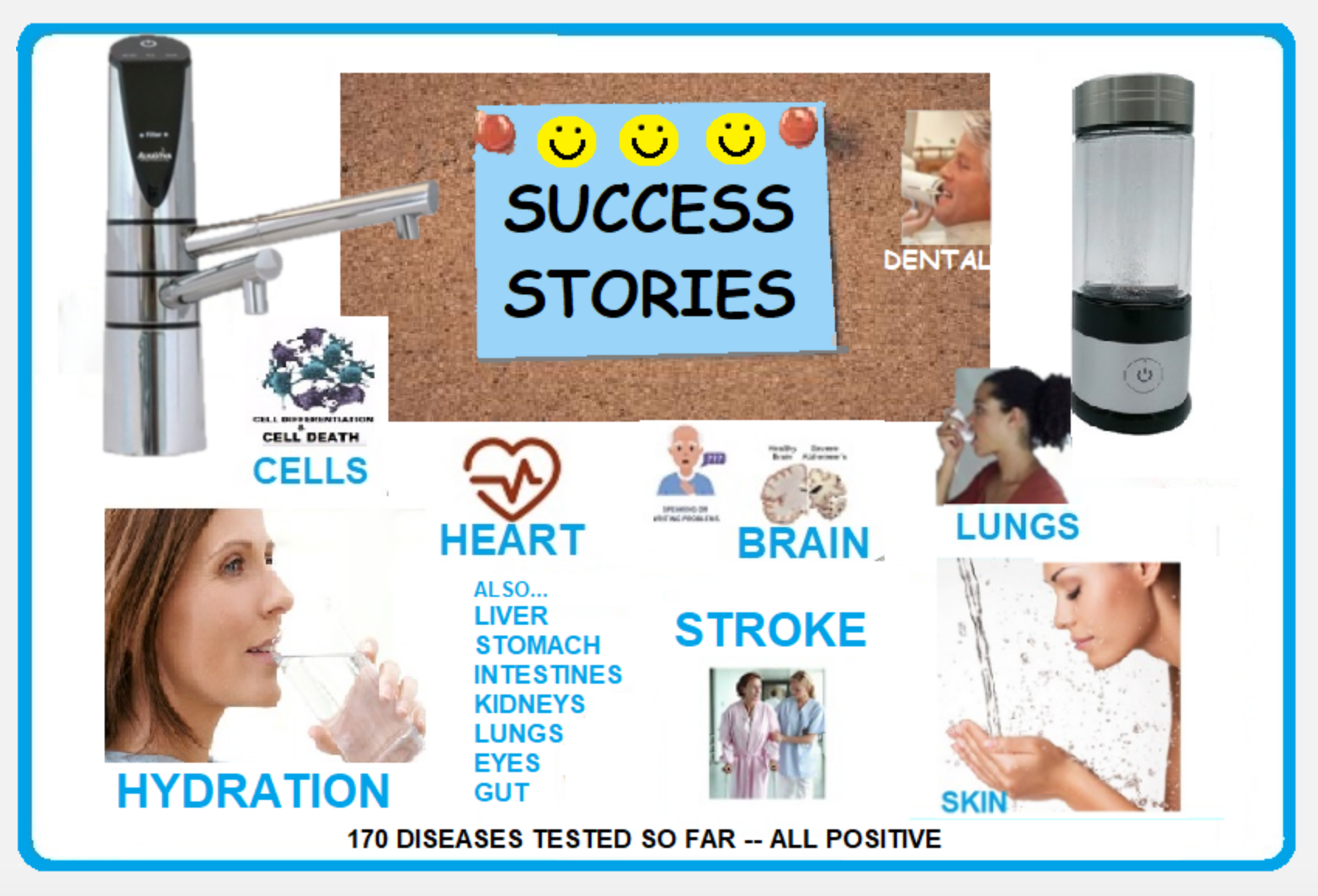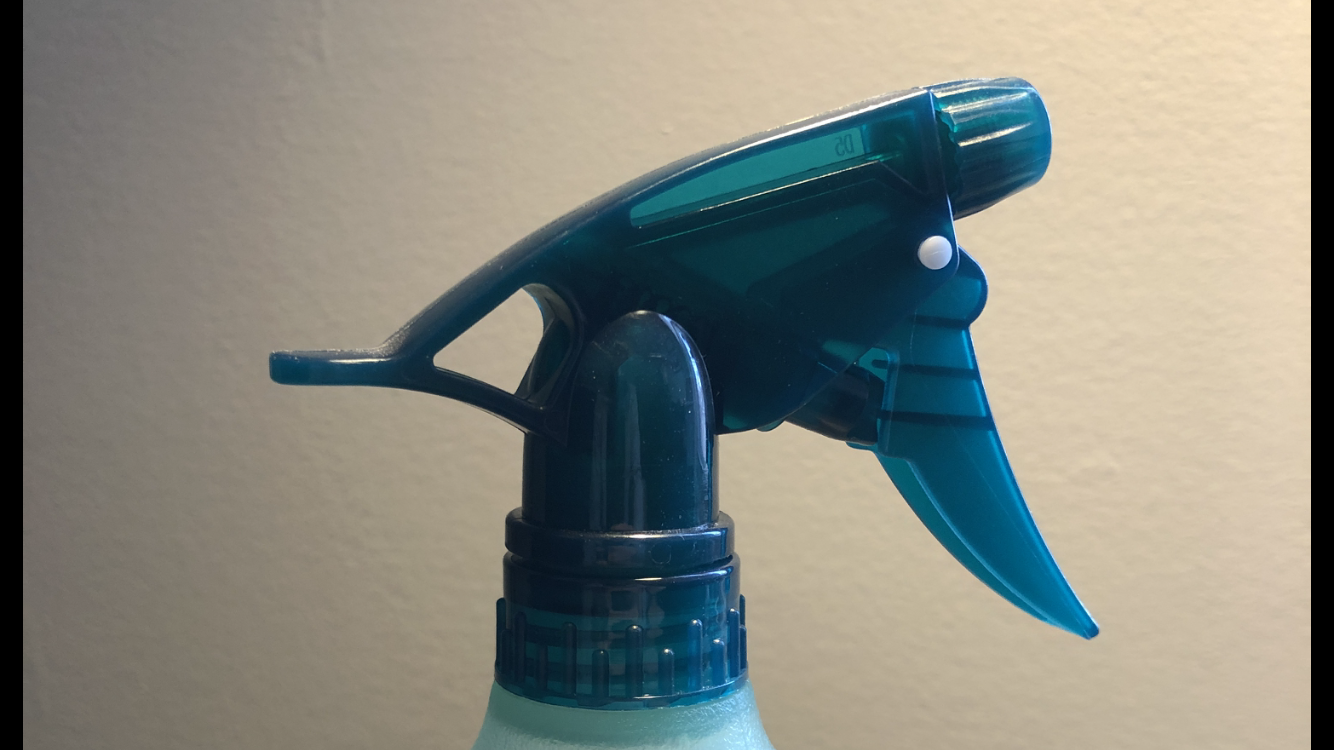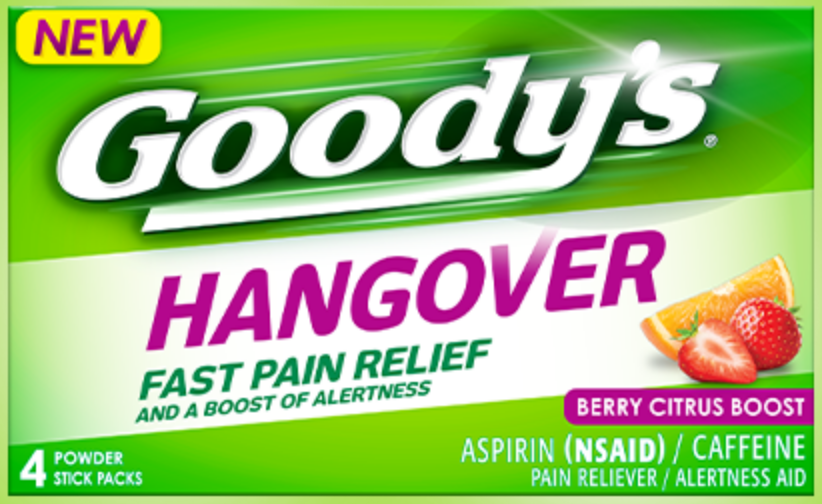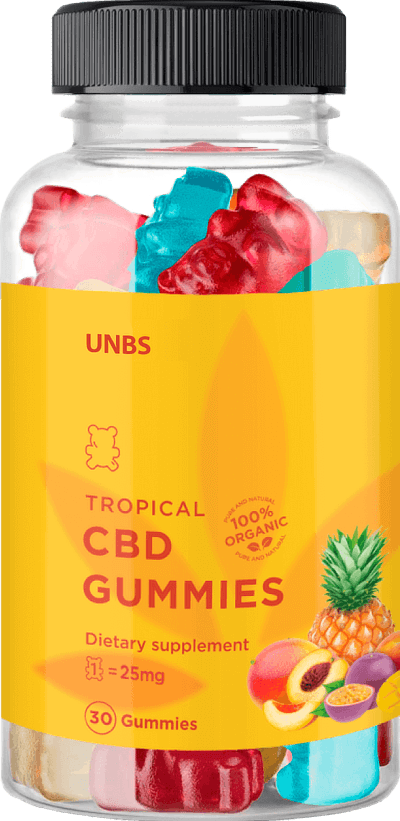
Alkaline Water Plus
Are there really any benefits to drinking alkaline water?
EPA warns of products marketed with unproven and potentially dangerous claims.
If there’s a silver lining to this pandemic, it may be that our kitchens have never looked so clean. Not just our kitchens, but our doorknobs and light switches, our phones, tablets and touch screens — all of the “frequently touched surfaces” the CDC says to clean and disinfect daily.
But consumers should know that only those cleaners on a list of EPA-registered disinfectants have been shown to meet the agency’s criteria for use against the coronavirus.
The good news is that the EPA lists more than 350 products that it has determined to be safe and effective. The bad news is that the agency says it has seen a surge in unregistered, illegal disinfectants — from wipes and sprays to a “disinfection sticker” — marketed with unproven and potentially dangerous claims of protection against the coronavirus.
“Products not registered by EPA may be harmful to human health, cause adverse health effects, and may not be effective against the spread of viruses or other pathogens,” the EPA said in a press release.
While the EPA notes that additional disinfectants may meet its criteria for use against the coronavirus, the products on the list have been proven to be safe and effective. So before purchasing a disinfectant, it might be best to make sure it’s on the EPA’s list first. Here’s that link again.
Find more of our coverage on coronavirus scams here.
Are there really any benefits to drinking alkaline water?
What you need to know about this purported hangover remedy.
Spam email leads to a fake endorsement from Dr. Oz, among other celebrities.


